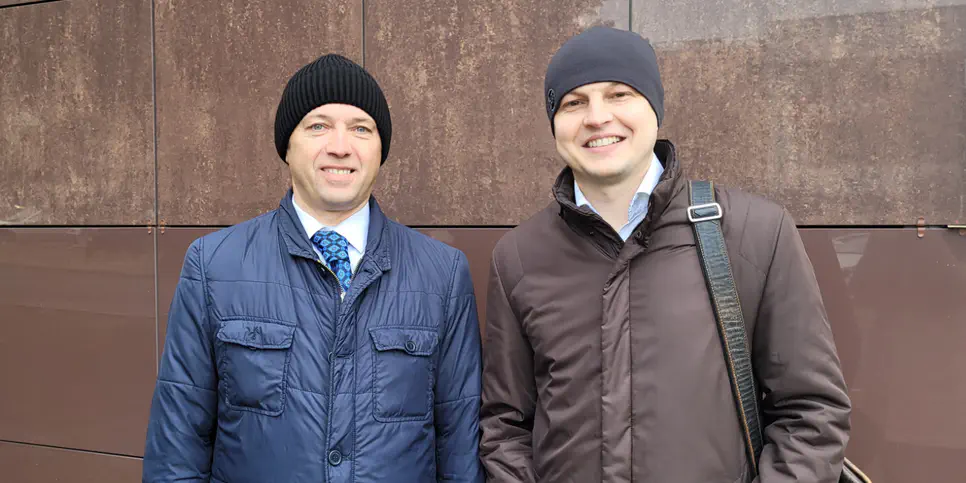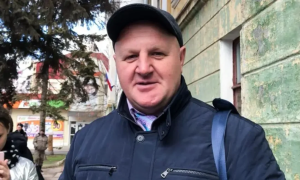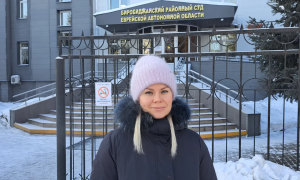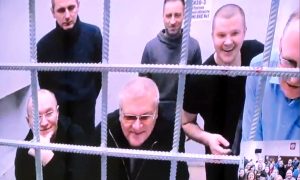On October 25, 2024, Judge Oksana Nazarova of the Pervomaisky District Court of Izhevsk sentenced Yevgeniy Stefanidin and Aleksandr Votyakov to six and six and a half years suspended, respectively. The court considered reading the Bible with fellow believers as organizing the activities of an extremist organization.

The prosecutor requested real prison terms for Votyakov, 50, and Stefanidin, 35, followed by one and a half years of restricted freedom for each. The believers do not admit guilt and may appeal.
The criminal case against them was initiated in December 2022 by senior investigator Artyom Kholmogorov. At that time, searches were conducted in the families of the believers (for the Stefanidins, it was the second time). The investigation lasted about eight months. The case went to court in August 2023. During the hearings, many witnesses were questioned, including a secret one. They either spoke positively about the defendants or said they knew them too little. Some witnesses stated that they were pressured and threatened during the preliminary interrogation, so they retracted their statements during the trial and gave new ones in court.
Due to the stress experienced, Stefanidin’s health deteriorated, and in the fall of 2022, he received a second-degree disability. In his final plea, Votyakov asked the judge to consider his friend’s condition and added, “He is raising a young daughter who loves her father very much and needs his tender care. Do not separate the family because of a ridiculous and baseless accusation.” Regarding the accusation against him, he noted, “The ‘evidence’ collected against me is that I was and am a Jehovah’s Witness… met with fellow believers, discussed the Bible, sang songs of praise to Almighty God Jehovah.” Yevgeniy Stefanidin said in his final plea, “The recordings and transcripts show that these were peaceful worship services among friends and close people in an atmosphere of love and goodwill. There were no extremist statements, not even close.”
Three weeks earlier, by the decision of the Supreme Court of Udmurtia, the sentence of three other Jehovah’s Witnesses from Izhevsk came into force. The international community regularly condemns the restriction of freedom of religion in Russia. According to the ECHR, “the broad definition of ‘extremism’… deprived individuals or organizations of the ability to foresee that their behavior, however peaceful and devoid of hatred or hostility, could be classified as ‘extremist’ and subjected to restrictions” (§ 158).





